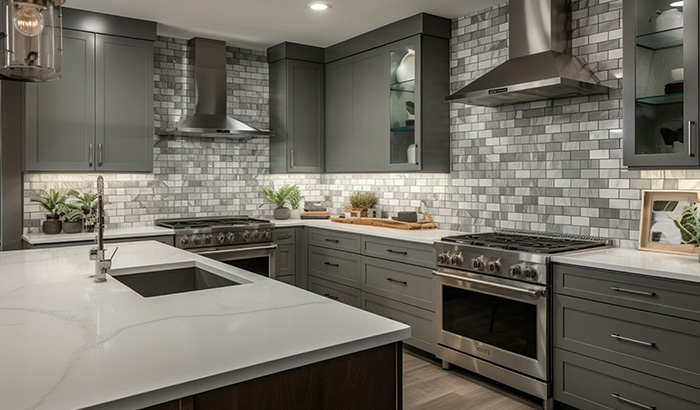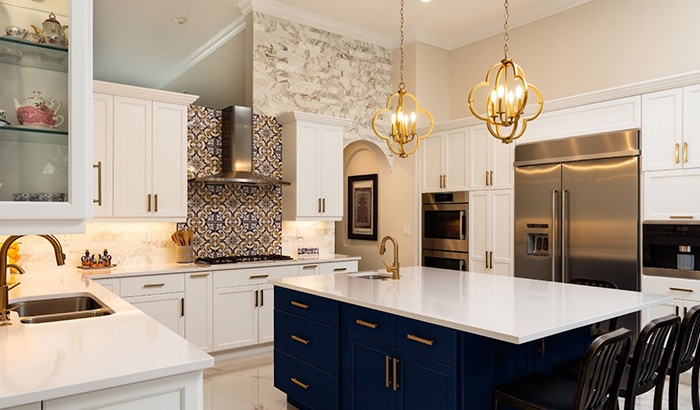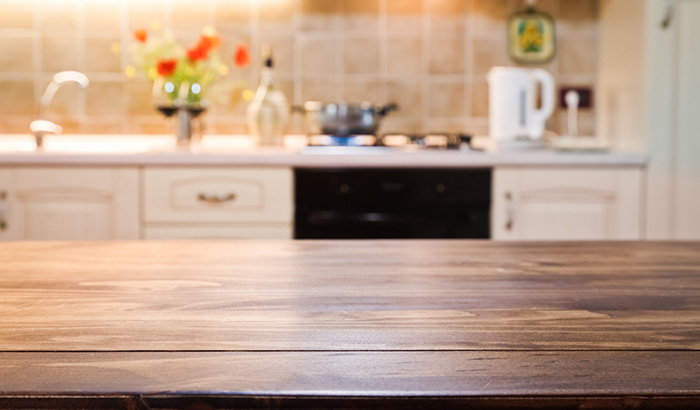5 Advantages of Adding Granite Countertops to Your Home
If you want to update your home’s look, feel, and function, adding granite countertops is a great place to start. There are many choices homeowners must make for their
Finest Granite, Quality Workmanship



Business Hours
Contact Us
@2024 Intermountain Stone & Marble Company | All Right Reserved